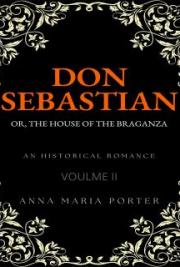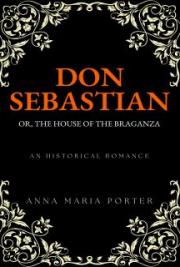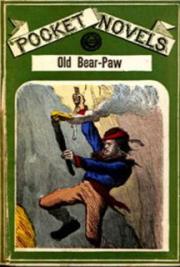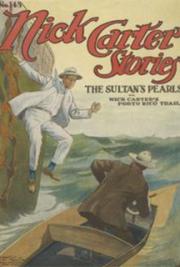COMMENTS FROM THE CRITICS
Walter Cohen
(in The Norton Shakespeare, p. 2095):
“The play offers various explanations for Othello’s suggestibility. Most obviously, Iago expresses Othello’s own unconscious racial and sexual anxieties. But Othello is also out of his element. A soldier since childhood, he knows little of peacetime urban existence.”
Edward E. Foster
(in Joseph Rosenblum’s A Reader’s Guide to
Shakespeare, p. 231):
“Although Othello has frequently been praised as William Shakespeare’s most unified tragedy, many critics have found the central character to be the most unheroic of William Shakespeare’s heroes. Some have found him stupid beyond redemption; others have described him as a passionate being overwhelmed by powerful emotion; still others have found him self-pitying and insensitive to the enormity of his actions. Yet all of these denigrations pale before the excitement and sympathy generated for the
noble soldier in the course of the play.”
Harold Bloom
(in Shakespeare: The Invention of the Human, p. 438): “We cannot arrive at a just estimate of Othello if we undervalue Iago, who would be formidable enough to undo most of us if he emerged out of his play into our lives. Othello is a great soul hopelessly outclassed in intellect and drive by Iago. Hamlet, as A. C. Bradley once observed, would have disposed of Iago very readily. In a speech or two, Hamlet would discern Iago for what he was, and then would drive Iago to suicide by lightning parody and mockery.”
Frank Kermode
(in The Riverside Shakespeare, p1202):
“There is, finally, the figural aspect of the work. Obscurely, it is, no doubt, an enactment of the Fall. There are psychological analogues, so that we can momentarily see the play as a psychomachia, with Iago as the bestial parts of man, and Othello as the
higher – as, in a high sense, Reputation.”
Definition of psychomachia: “internalized battle between spirit and flesh: conflict of the soul between the spirit and the flesh
(literary).” From MSN Encarta







